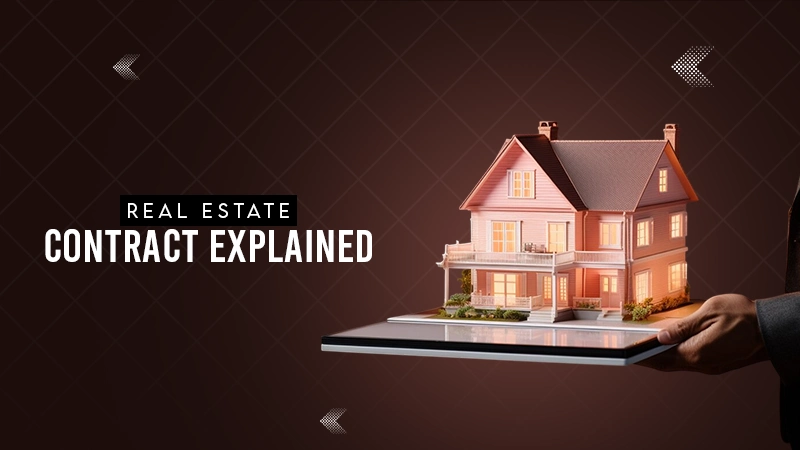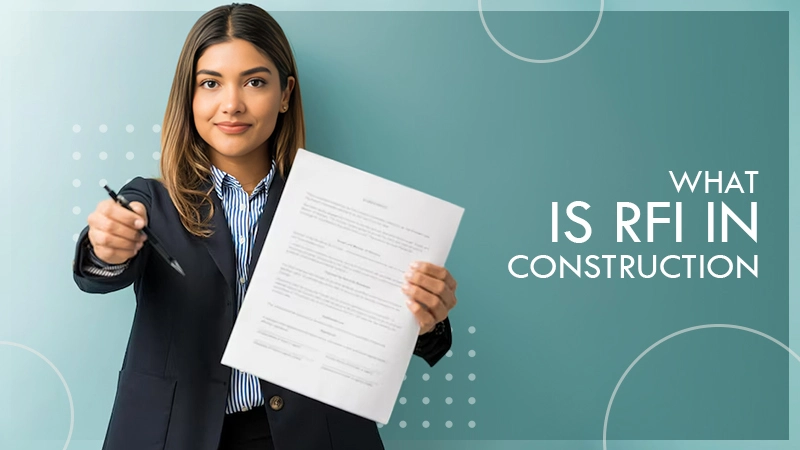Ans: The property can stay under contract for 30–60 days, depending on various factors like inspection, payment processing, and more. The complex cases may need up to 90 days.

What Does Under Contract Mean in Real Estate? - The Ultimate Guide for Buyers and Sellers
The real estate industry has its own language and words like under contract, escrow, etc, which makes it hard for common people to understand. Imagine spotting your dream house only to find it is under contract, and you don’t know the real meaning of the concept. Can you even make an offer now? What are the general conditions of a contract?
So, what does under contract mean in real estate? Well, in simple terms, “under contract” means the buyer and seller have mutual interests, but the sale isn’t final yet. As a buyer, you still have the chance to make a counteroffer and check financing options.
We have explained the pending vs under contract concept, common contingencies during active under contract period, what does under contract mean in real estate in brief and more in this blog. So read the info and navigate the real estate industry with full confidence in the future!
What Does Under Contract Mean In Real Estate?
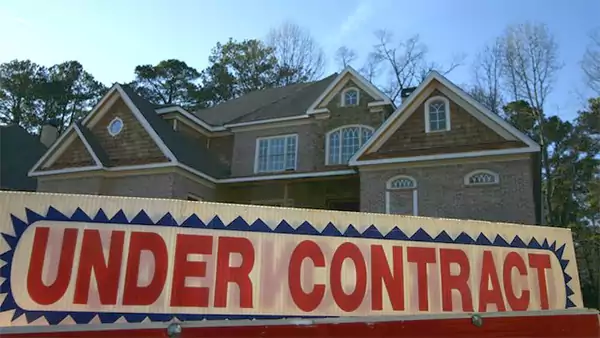
Under contract is a term labeled on a house after the seller agrees to the deal, and the negotiated price of the buyer is finalized in real estate. Once both parties discuss, negotiate, and come to terms with everything, a purchase agreement is then signed, and the buyer pays earnest money (an initial deposit made to the seller) to make things legal.
This is a crucial checkpoint in the sales cycle of the house, and it is temporarily taken down from the market. During this period, the buyer holds the right to:
- Check the property thoroughly for concerns and repairs.
- Evaluate the actual value of the property against the asking price.
- Apply for mortgage loans and complete the process.
Since all of these steps are still in progress, the sale cannot be finalized. Many times, the deal can fall apart when the pricing is not justified, the loan on the property is declined, or major construction issues are uncovered.
The under contract term lets both buyers and sellers walk out of the deal without paying any penalties or extra charges.
Under Contract Vs Pending: Meaning and Differences
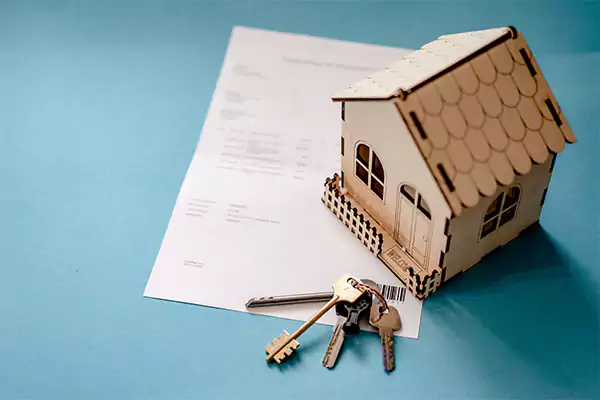
Navigating documentation and contracts in the real estate industry can be complex because of heavy terminology and policies. In the same way, “pending” and “under contract” come across as the same, confusing the buyers. As these are two different concepts, knowing the distinction helps to gauge the value of the property.
Under Contract
The under contract status shows that the seller and buyer have finalized the deal based on pricing and signed the purchase agreement. However, the sale is not final because of potential contingencies.
These are:
- Expert home inspection and repairs.
- Loan approval from the lender.
- Appraisal matches the asked amount of property.
When all the contingencies are satisfied, then only the sale is moved forward. In case of unfavorable issues, any party can step out of the deal, and the house is again back in the sale market.
Pending
Pending, on the other hand, is a status that shows that all the contingencies are satisfied. This includes: approval of home loan, the right value of property according to appraisal, no issues are discovered, and repairs are done.
Hence, pending explains that the deal has crossed the under contract and contingency stage and is highly likely to be closed with final payments and ownership transfer. At this stage, either party that backs out has to pay a penalty. Both buyers and sellers lose big; the purchasing party may have to pay earnest money, and the seller may get caught up in legal risk.
Check Out: What is RFI in Construction? A Naive-Friendly Guide
Common Contingencies During Active Under Contract Period
Many times the deal gets about to close, but certain conditions arise, commonly called contingencies, which can disturb it even when it’s under contract. One must know about these contingencies to avoid unfavorable situations.
- Home Inspection: The buyer covers the home inspection cost and hires professional help to do a thorough checkup, and in case any major issues come up, like plumbing, leakage, and more, the buyer gets the upper hand. The prices can be renegotiated, or the buyer can request repair, or simply walk away with no penalty.
- Appraisals: When taking a home loan, lenders ask for an appraisal to check that the charged amount matches the value of the property. In case the asking money is higher than the appraisal, the deal can be re-negotiated, and the buyer can back out without penalty.
- Financing: This allows the buyers to have the leverage to cancel the deal if their loan is denied. This way, they do not lose money, nor are they forced to buy what they can not afford.
- Title: A title search verifies that there are no liens, claims, or disputes regarding the property. If problems occur, they need to be addressed before closing, or the buyer may withdraw.
What Happens After the Under Contract Ends?
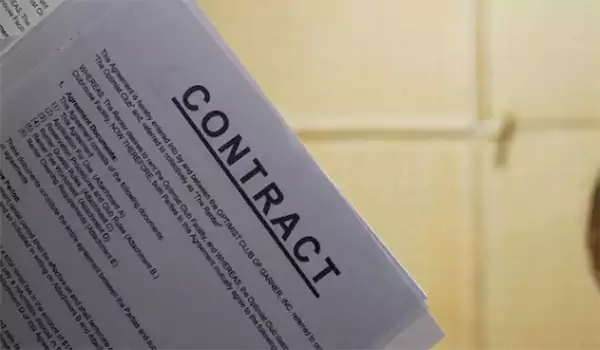
Many formalities need to be done in order to close the deal successfully. This includes thorough property inspection, verification of documents, figuring out financing options, and more. Once the parties jump through these barriers, the “under contract” phase is over.
After this, the buyers and sellers come to the final stage of the transaction and the transfer of deeds and ownership to finally close the deal. None of the parties at this stage can back out, and if they do, penalties are charged.
Now the keys are handed over, and the buyer officially becomes the owner of the property.
Wrapping Up!
When buying and selling a house, both buyers and sellers must be aware of what does under contract mean in real estate. In simple terms, it explains that a mutual agreement is made over the sale, but the property is still under contract until finances, inspection, and other contingencies work out seamlessly. Till the deal is finally closed, the sellers can have backup buyers.
We have explained what pending vs under contract means, the documentation required, and what happens if the deal is cancelled in this blog. So, whether you are working closely with a real estate agent or finding property on Zillow, learn the terminology and contract details by heart and share the info with your friends and family.
Read Next: 20 Types of Construction Vehicles with Their Names, Pictures, and Features
FAQs
Q: How long can a house be under contract?
Q: What does it mean when a house is under contract?
Ans: When a house is under contract or simply “active under contract,” means seller and buyer have come to an agreement with the terms, but the sale is not completed yet.
Q: What does under contract mean on Zillow?
Ans: Under contract on Zillow means that the offer is accepted by buyers and sellers; however, the deal is not done yet. Therefore, backup offers are still considered in case the deal falls through.
Sources
